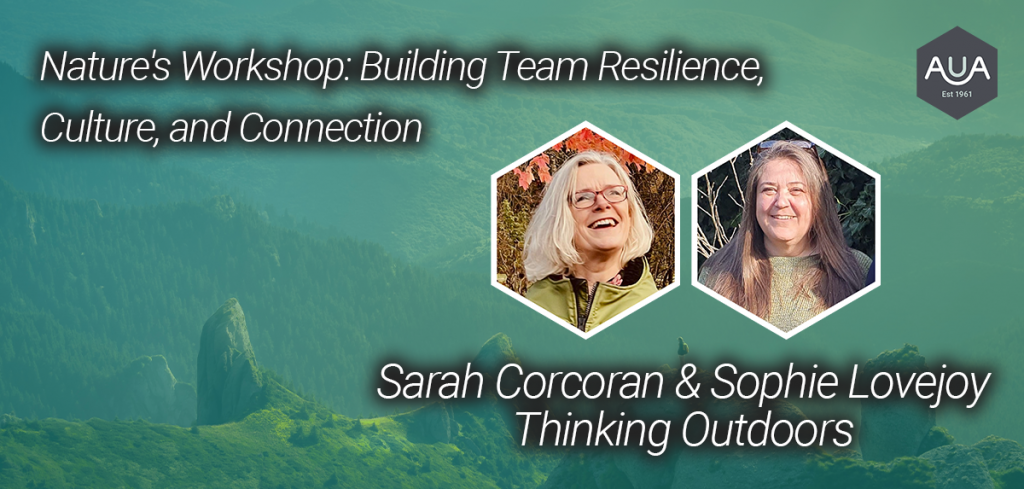
Development Monthly | #22 August 2023 | Resilience through Nature
We have written before (June 2022) about the personal benefits of getting outside. In this article we want to focus on the team (and hence organisational) benefits of working outside – namely the benefits of strengthening culture, team connectedness and resilience.
A significant proportion of the work we’re currently doing with groups relates to building and developing culture. This is the glue that keeps us bonded to our colleagues and connected to the organisation – its mission and objectives – and is increasingly important in the hybrid world.
The media is regularly drawing our attention to new thinking around organisation design and work psychology, as the world of employment reinvents itself in the post-Covid world. For example, one of the headline articles as we write this is the news that Zoom, who quickly became one of the go-to media to support our locked down world, are now requiring all staff to be in the office two days a week. We are social creatures and organisations are social creations. People need people (https://www.linkedin.com/feed/update/urn:li:activity:7093259736011137025).
Being outside in nature fostered free-thinking for our team, and allowed us to work through our priorities, goals and desired team culture in a way that felt energising and inspirational. It played to our strengths as a group while gently encouraging us to cover new ground and find new perspectives (literally and metaphorically).
Senior Manager, UK HE Sector
Through coming together we build connection: getting to know each other as real, complex human beings. Nature helps us do this better … Some studies (e.g. Piff et al, 2015) have shown that we become better team-mates: making less self-centred and more ethical decisions; becoming more considerate in our interactions. The researchers’ view was that this was due to heightened awareness of the wider systems within which we operate and the interdependence between us all.
Nature also provides us with a supportive environment for individuals who are neurodivergent and for those days when the challenges of life are a bit much. Talking side-by-side (whether sitting down or taking a stroll), can be easier than a face-to-face conversation around a table. It also offers the opportunity to orientate ourselves in a space that is comfortable to our needs in the moment, which further enables deeper and richer conversations.
I highly recommend the use of outdoor, natural spaces to engage teams in richer dialogue, deeper relationship development and creative thinking”
COO, International Finance Sector
Stronger connections build trust and enable the sharing of vulnerabilities. Nature helps us be more vulnerable … In our own work we have found that working outdoors enables people to find the courage to say important things that would otherwise be left unsaid. Alternatively, things that need to be said can sometimes destabilise the conversation when indoors – the walls act as a container to keep the emotion (and the emotive) trapped.
We find that people are vocalise things more constructively and are able to hear things differently, connecting with the emotion of what’s being expressed and responding more empathetically to what the speaker needs. A virtual circle of being seen and heard that reinforces trust and connection.
Taking advantage of our natural outdoor space for the team activities helped us to engage more with each other and build a stronger team in positively developing our conversations.
Admissions Co-Ordinator, UK HE Sector
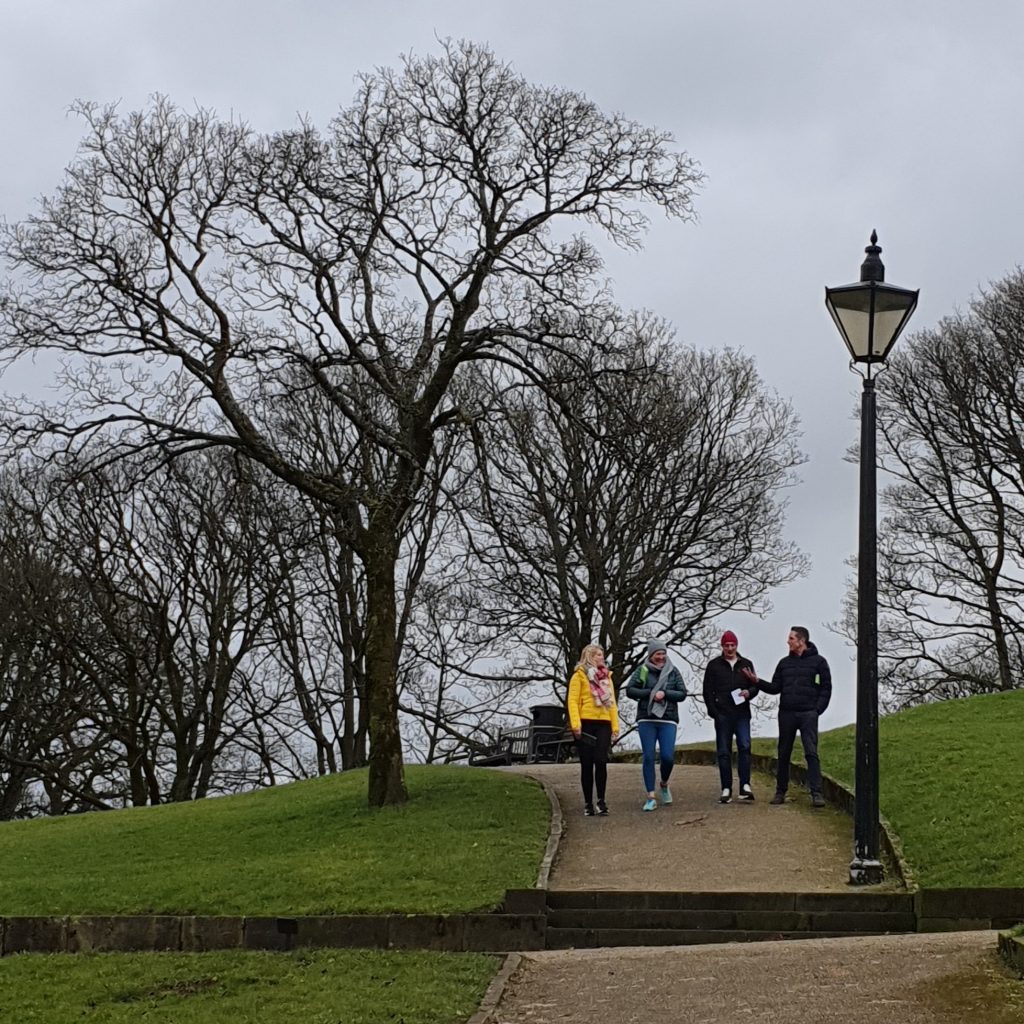
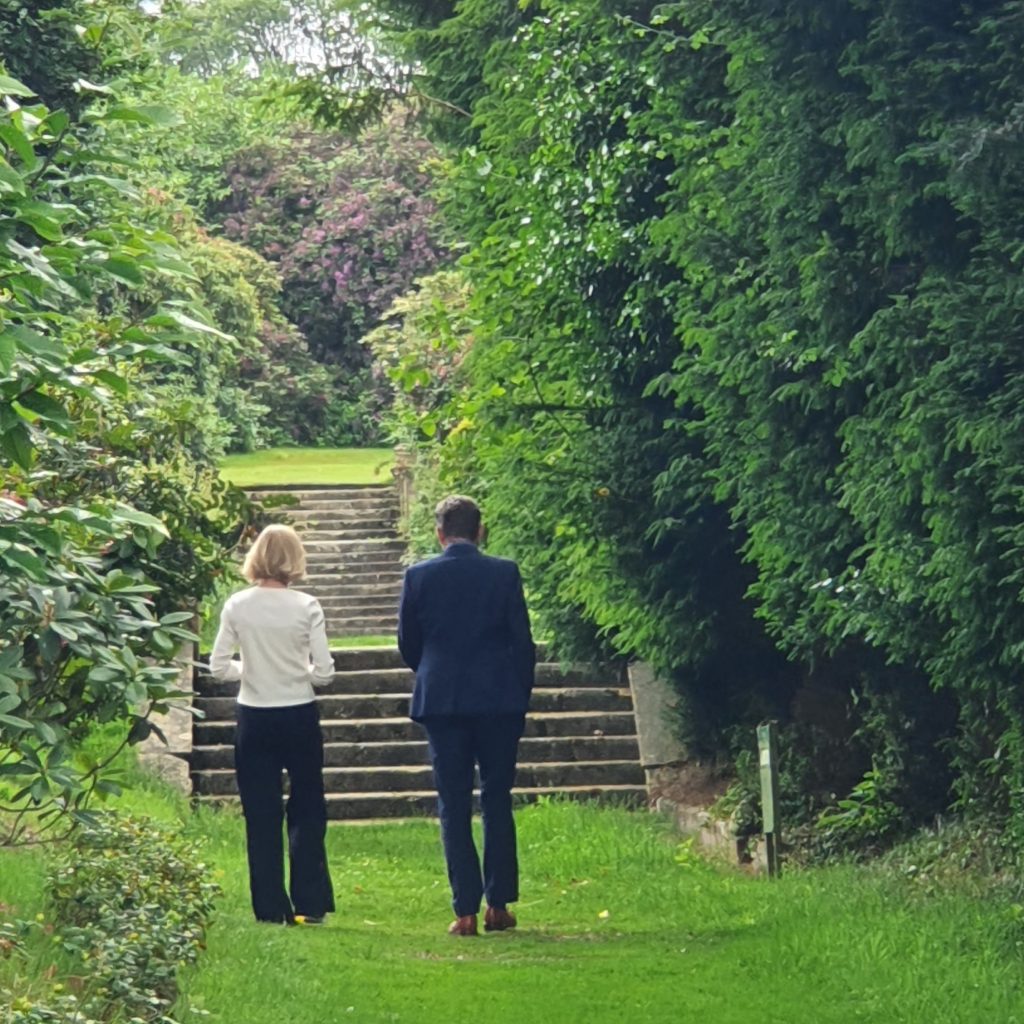
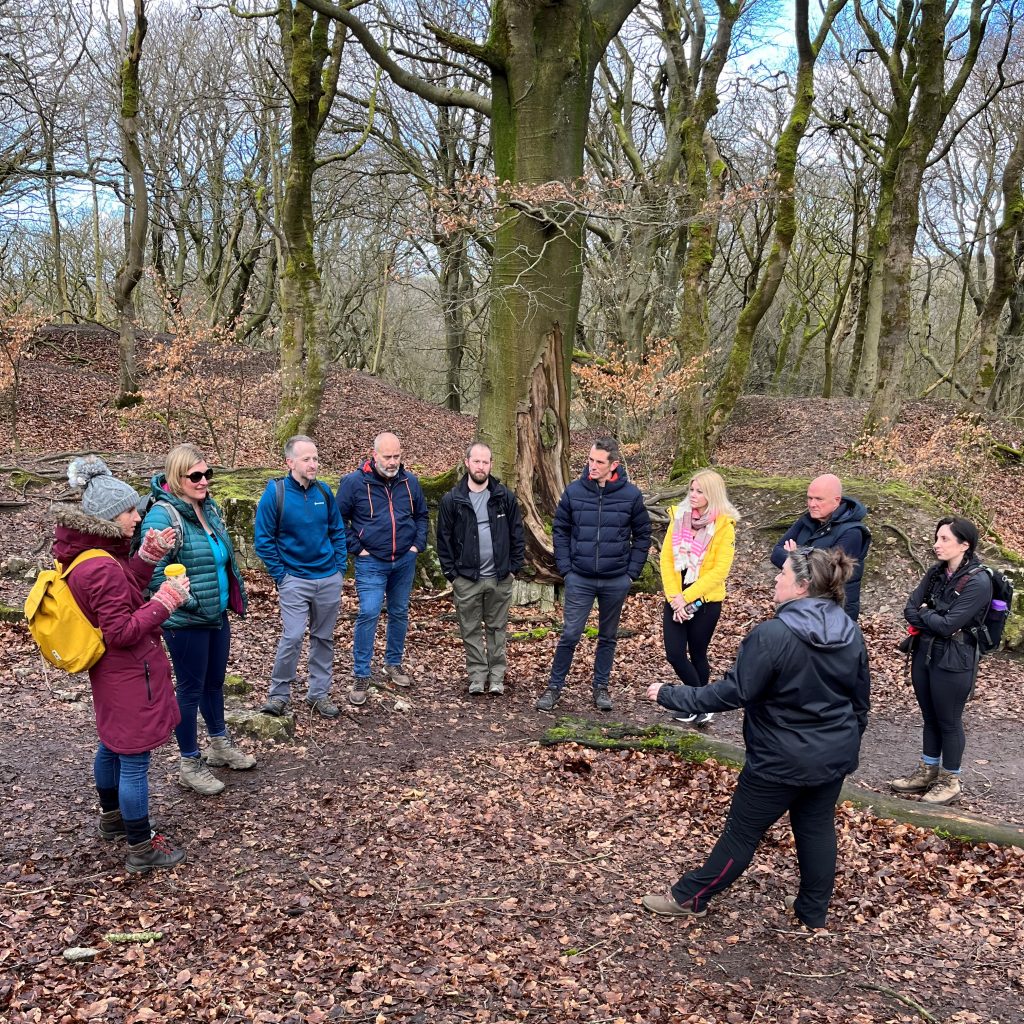
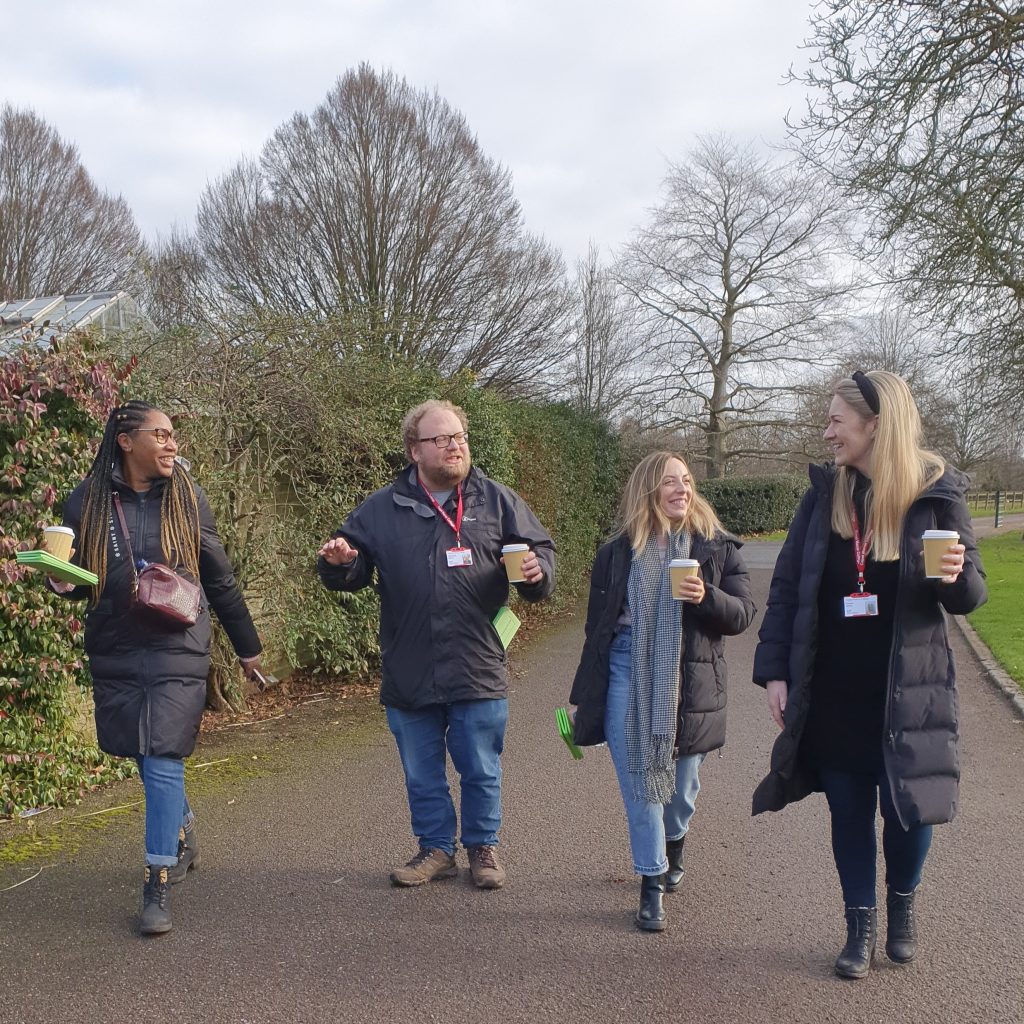
Paradoxically, by allowing more vulnerability, we build resilience. By now, we all know of the wellbeing benefits of being outdoors such as reduced stress levels, improved memory and cognitive function, fresh air and vitamin D. But as we work with colleagues outdoors, and we share vulnerability, build trust and strengthen connection, the individual feels/is more supported and the sum of more resilient team members is a more resilient team.
Being outside really helped people to relax/become less anxious and conversation flowed much better – more like a friendly chat rather than sitting in an office space which can be ‘oppressive’.
Academic Administrator, UK HE Sector
Hybrid team cultures are different to the cultures that dominated our pre-Covid working lives. We all had to explore and learn together how to make our remote cultures work. However, in returning to the office, many teams have assumed they know how and what to do, as we’ve worked in the office before.
Taking a deliberate approach to build and then nurture a new culture will pay dividends, and we strongly recommend that you take – and keep taking – as much of this conversation outside as possible. And when you can’t get to the outdoors, then bring it into your thinking inside. We leave you with a short reflection exercise, to do whilst on your next virtual team meeting!
The Rose, Bud and Thorn approach was originally offered by Edward de Bono and can be a great way to start a team meeting.
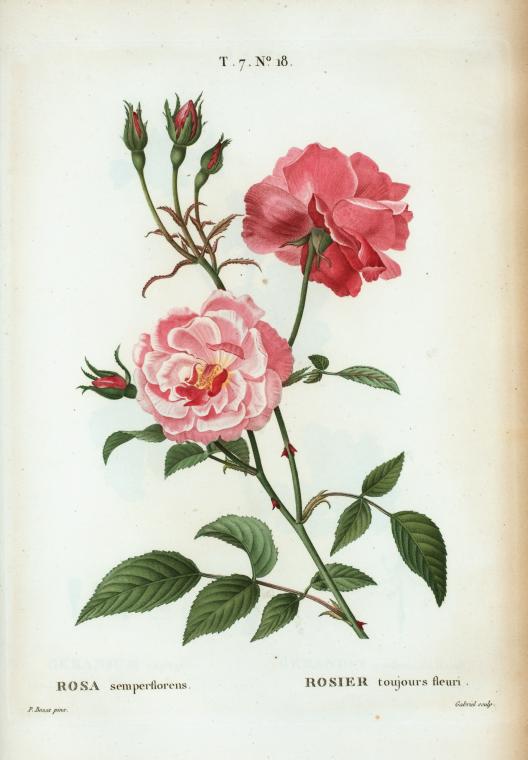
Rose: What is something that you are grateful for, or that is positive in your world right now?
Thorn: What’s something challenging or stressful that you could use more support with right now?
Bud: What are you looking forward to? What’s bringing you hope?
To use this to best effect, we suggest you explore all three elements – rose, thorn and bud (in this order), to reflect on positives, pain points and potential. Alternatively, you might ask individuals to share which resonates most for them at that time, and briefly outline why.
Reading:
Piff PK et al (2015), Awe, the Small Self and Prosocial Behaviour, Journal of Personality and Social Psychology
https://www.forbes.com/sites/keithferrazzi/2020/07/16/resilience-is-a-team-sport/
Join the discussion @The_AHEP #Develop
Explore other articles from AHEP:

0 comments on “Nature’s Workshop: Building Team Resilience, Culture, and Connection”